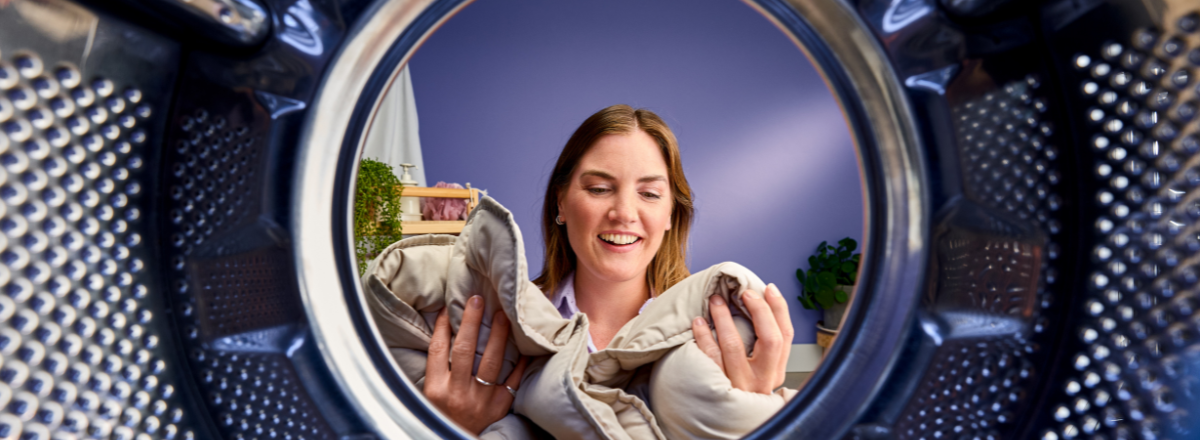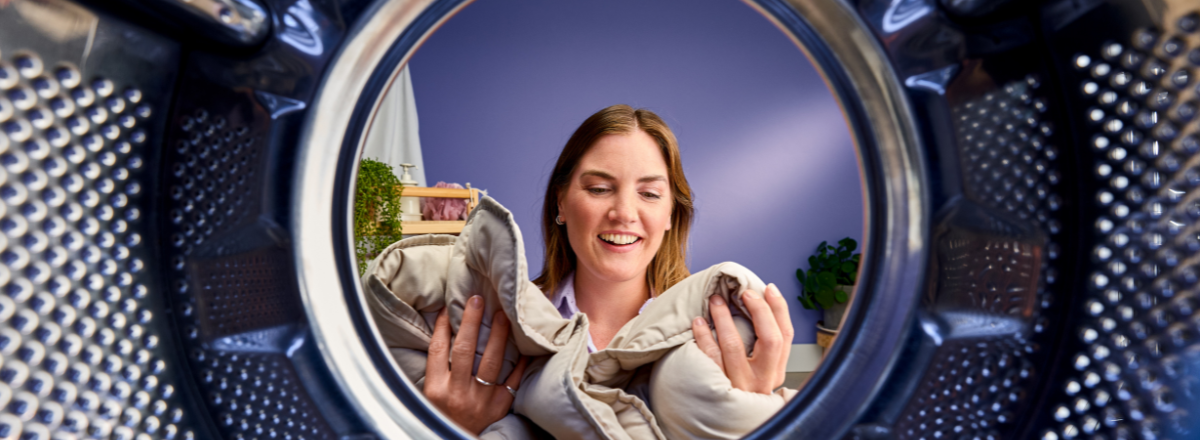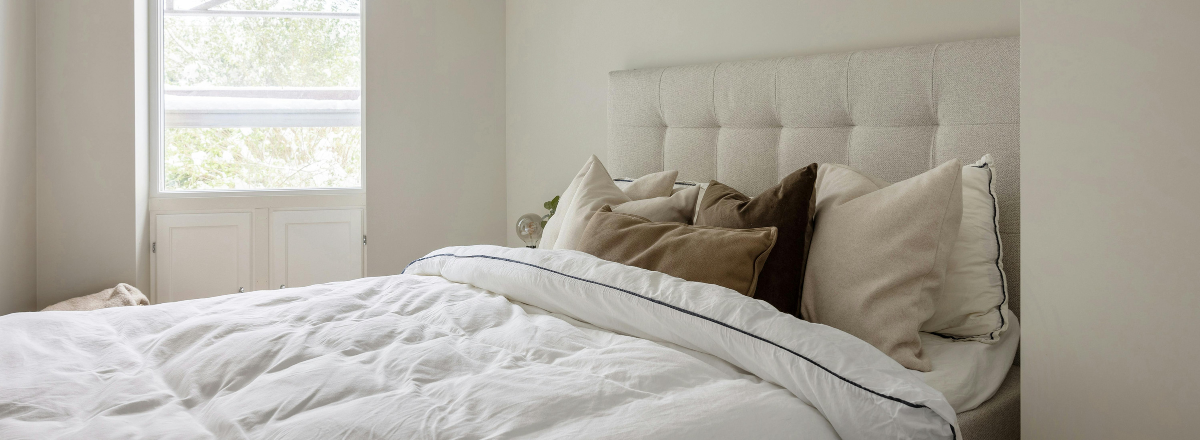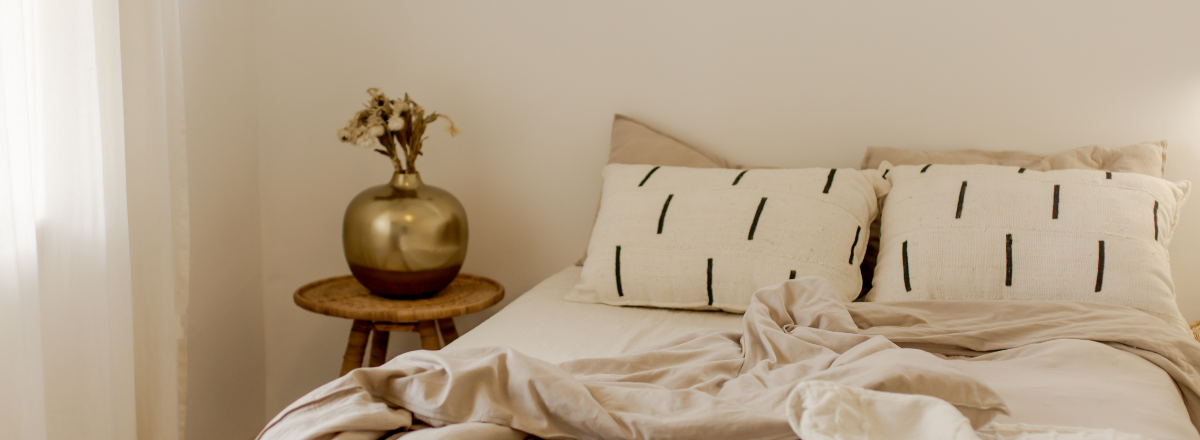Natural cleaning products, a fresh interior, and efficient routines are the core principles of Putzmarie, the TikTok sensation redefining eco-cleaning. But did you know you can apply this eco-friendly approach perfectly to your bedding? Especially in summer, when we sweat more, sleep outdoors, or need to wash our duvet more often.
Choose Eco-Friendly Detergents
Many common detergents contain harsh chemicals that are not only harmful to the environment but can also cause irritation to sensitive skin. Think of synthetic perfumes, dyes, and microplastics—substances you'd rather avoid when washing your duvet regularly.
The benefits of eco-friendly alternatives are clear:
- Less impact on the environment: No harmful substances entering the water.
- Gentler on your skin: No harmful residues that can trigger allergies.
- Effective and simple: Natural ingredients like baking soda and vinegar work wonders while keeping your duvet wonderfully fresh.
🌱 Pro Tip for a Green Laundry Routine: Washing strips, eco-friendly gel based on natural oils, or homemade solutions with baking soda are perfect choices.
Cotton vs. Synthetic: Which Is Easier to Maintain?
A common question is which material is most practical and durable for regular washing in summer.
-
Cotton: Feels natural but absorbs a lot of moisture, which slows drying. Without sufficient ventilation, cotton can develop a musty smell faster.
- Synthetic Microfiber: As used in the summer duvets from HappyBed. This material is not only lighter but dries quickly and is less prone to dirt and odors. Ideal for those who want a fresh duvet without waiting hours for it to dry.
📌 Extra Tip: Run an extra rinse cycle to remove detergent residues, recommended if you have sensitive skin.
How to Keep Your Duvet Fresh After Vacation
Summer outings, like camping or beach days, often bring extra challenges for your duvet. Think sweat, grains of sand, and that unmistakable BBQ evening smell. Fortunately, there are simple steps for a hassle-free cleaning routine.
Best Practices for Washing After Varied Use:
- Wash at 40°C: It removes bacteria and sweat without unnecessary wear.
- Use natural vinegar: A natural aid for removing odors and stains, while acting as a fabric softener.
- Air dry in the shade: Lay your duvet flat or hang it in a well-ventilated space. Avoid direct sunlight to prevent material wear.
Thanks to the lightweight of HappyBed’s summer duvet, this process is even easier. The synthetic fibers dry your duvet within hours and ready to use again.
Why The HappyBed Summer Duvet Perfectly Fits An Eco-Clean Routine
HappyBed’s summer duvets combine convenience, sustainability, and comfort. Here’s why they’re essential in your eco-cleaning routine:
1. Fewer Washes Thanks To The Coverless Design
Because you don’t need a duvet cover, you save time and water. And less washing means a smaller ecological footprint.
2. Quick-Drying with Maximum Freshness
The combination of lightweight materials and synthetic technology means you can have the duvet ready to use again in no time. No dryer needed, always fresh bedding.
3. Resistant To Frequent Washing
Even after dozens of washes, the duvet remains as airy and soft as on day one.
4. Less Environmental Impact From Microfiber Loss
Where traditional synthetic duvets release many microfibers during washing, HappyBed is consciously designed to minimize this.
Whether you sleep at home or cozy up in a tent under the stars, a HappyBed summer duvet fits perfectly with a sustainable lifestyle.
📌 Try now? Discover the HappyBed summer duvet collection and experience it yourself.
Conclusion
Summer sleep calls for smart choices, and that certainly applies to caring for your bedding. By using ecological detergents, maintaining properly, and making smart material choices, both your bed and the environment stay fresh and clean.
Does your eco-cleaning heart beat faster with these kinds of hacks? With HappyBed you can stylishly, sustainably, and effortlessly enjoy warm nights.

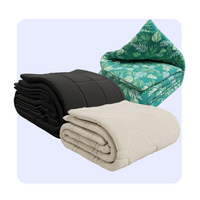

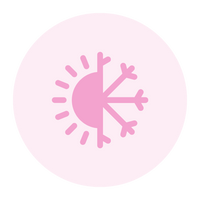

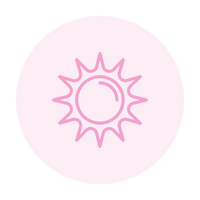

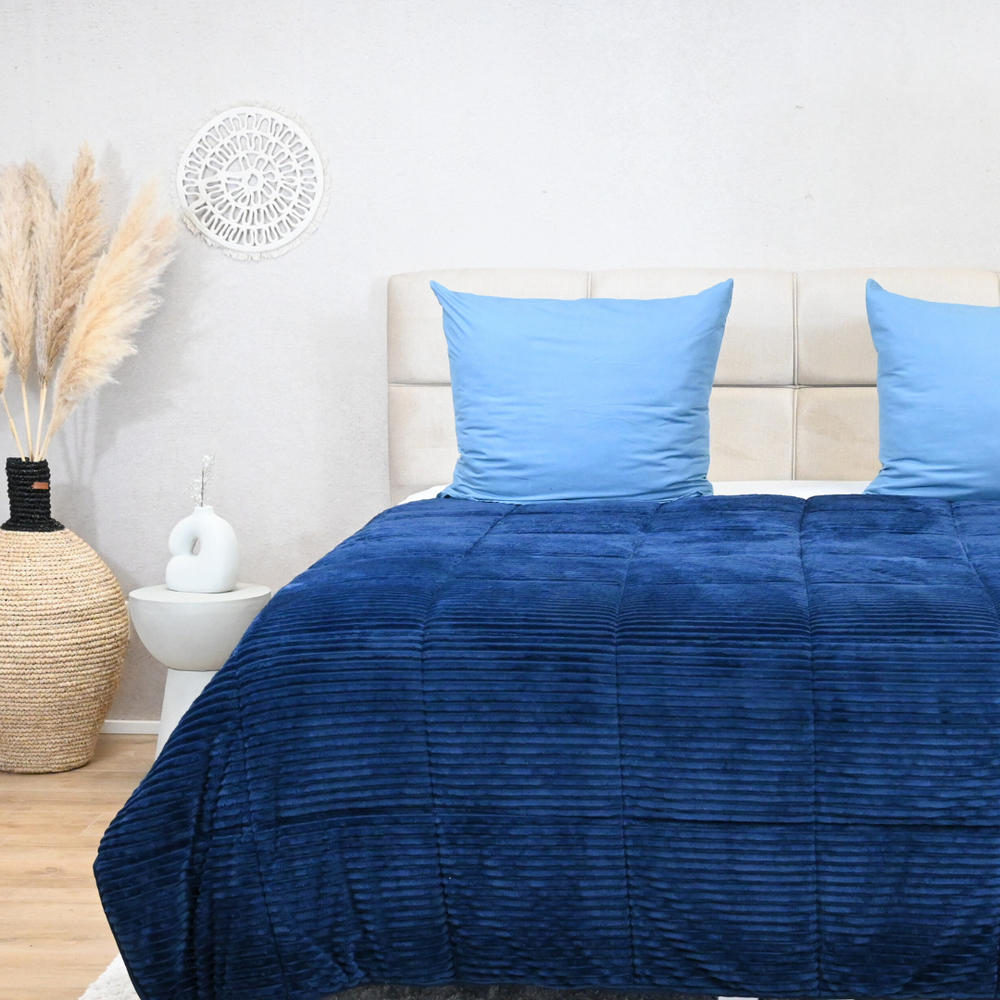
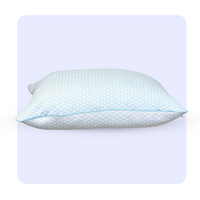
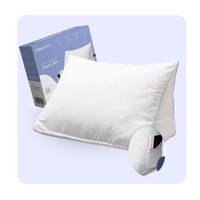
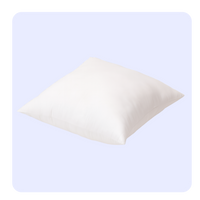


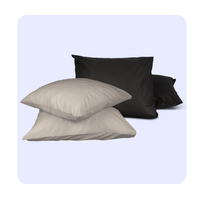
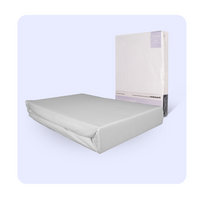

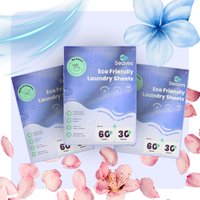

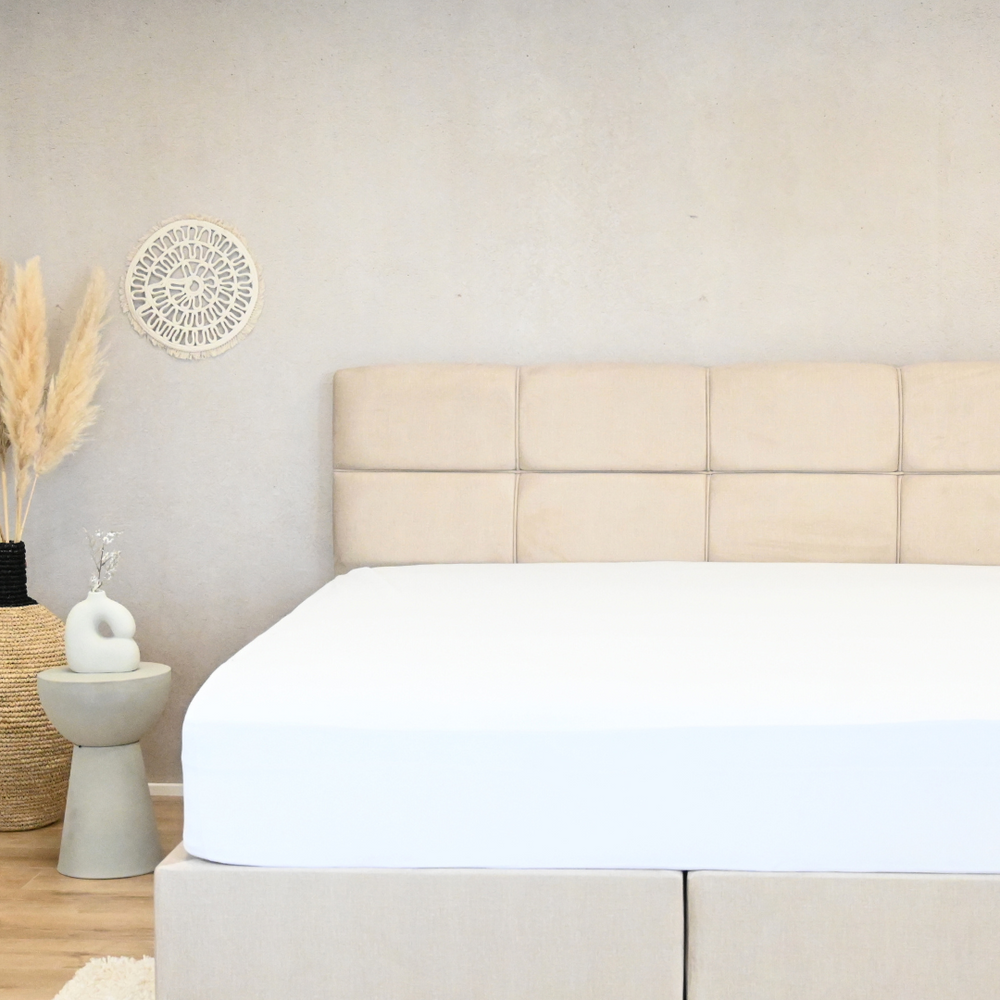
 Continue shopping
Continue shopping